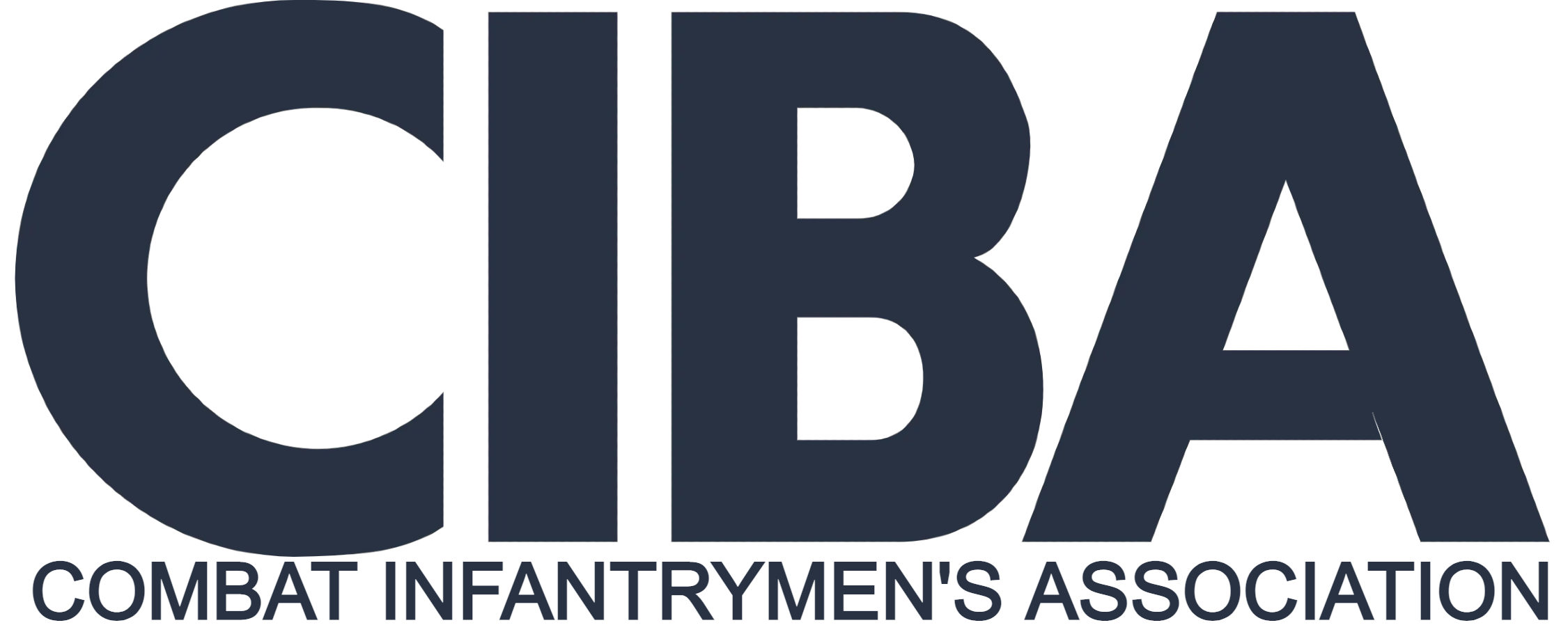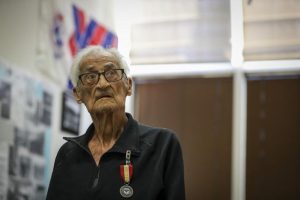Nine military medical facilities have received the highest grade for patient safety from a nonprofit watchdog organization that aims to improve quality and care across the nation.
The Leapfrog Group released its Hospital Safety Grades on May 1 following assessments of more than 30 performance measures at 3,000 medical centers and hospitals across the country.
The list included 21 of the Defense Health Agency’s 51 medical centers, with nine earning A grades, nine receiving Bs and three receiving Cs. None received the lowest grades — Ds or Fs — although many were not covered for reasons that included being located overseas or not meeting certain metrics for receiving a grade.
Read Next: Army Pumping Millions into Food Kiosks, But They May Soon Be Obsolete
Leapfrog assesses hospital error rates, accidents, injuries and infections, as well as safeguards the facilities use to prevent patient harm, to determine grading levels.
According to Defense Department officials, the Defense Health Agency is the first federal health system to participate in Leapfrog’s Hospital Safety Grades program.
Dr. Paul Cordts, DHA’s chief medical officer, said the agency is taking measures to safeguard quality and safety and has launched initiatives to improve the military health system to “ensure that we’re providing the best care possible for our beneficiaries.”
“We commend all of our health care teams for their unwavering commitment to high reliability and excellence,” Cordts said in a release.
According to Leapfrog, the nine hospitals that received A ratings were:
- 673rd Medical Group, Joint Base Elmendorf-Richardson, Alaska
- Evans Army Community Hospital, Fort Carson, Colorado
- 96th Medical Group, Eglin Air Force Base, Florida
- Naval Hospital Jacksonville, Florida
- Walter Reed National Military Medical Center, Maryland
- Womack Army Medical Center, Fort Liberty, North Carolina
- Wright-Patterson Medical Center, Ohio
- Carl R. Darnall Army Medical Center, Fort Cavazos, Texas
- William Beaumont Army Medical Center, Fort Bliss, Texas.
Leapfrog’s grading system is limited to areas with populations of 500,000 or greater that have at least six graded hospitals, which is why many military health facilities did not make the list.
According to the Defense Health Agency, though, all military inpatient hospitals and clinics track and report the measures that are used in Leapfrog’s program.
In its assessment of hospitals, Leapfrog found that patient experience, which measures how satisfied patients are with their care, has improved, and hospital-acquired infections, many of which are preventable, have dropped nationwide following “unprecedented” levels during the COVID-19 pandemic.
“We were … pleased to see the decrease in preventable infections, which cause terrible suffering and sometimes death. When we look at these positive trends, we see lives saved, and that is gratifying,” said Leah Binder, president and CEO of the Leapfrog Group, in a press release.
The three military hospitals that received C grades were Madigan Army Medical Center at Joint Base Lewis-McChord, Washington; Tripler Army Medical Center in Hawaii; and Brooke Army Medical Center at Fort Sam Houston, Texas.
Leapfrog recommends that if a hospital scores poorly, patients should use the grades “to start a conversation with hospital leadership and local policymakers about improving hospital safety.”
A 2017 study by University of Michigan researchers cautioned that hospitals that are honest in reporting less-than-perfect safe practice scores, such as handwashing, may receive lesser marks than hospitals that report that they are complying with all of Leapfrog’s “Safe Practice” measures.
“Hospitals that have less-than-perfect performance on Leapfrog’s list of protocols get a big hit to their grade, but those with most or all protocols in place are rewarded very little,” said Shawna Smith, the study’s lead author, in a release. “Our simulations show that some hospitals would have had better grades when they didn’t report than when they reported imperfect compliance.”
The Leapfrog Group also recommends against refusing emergency care at a facility based on its safety grade. “Use this website as a guide for planned events and a research tool for potential emergencies,” officials said on the group’s website.
The Leapfrog Group’s Hospital Safety Grades can be found on its website.
Related: VA Hospitals Rate Higher Than Civilian Facilities in New Federal Survey
Story Continues
Please rate this CIBA article
Vote






